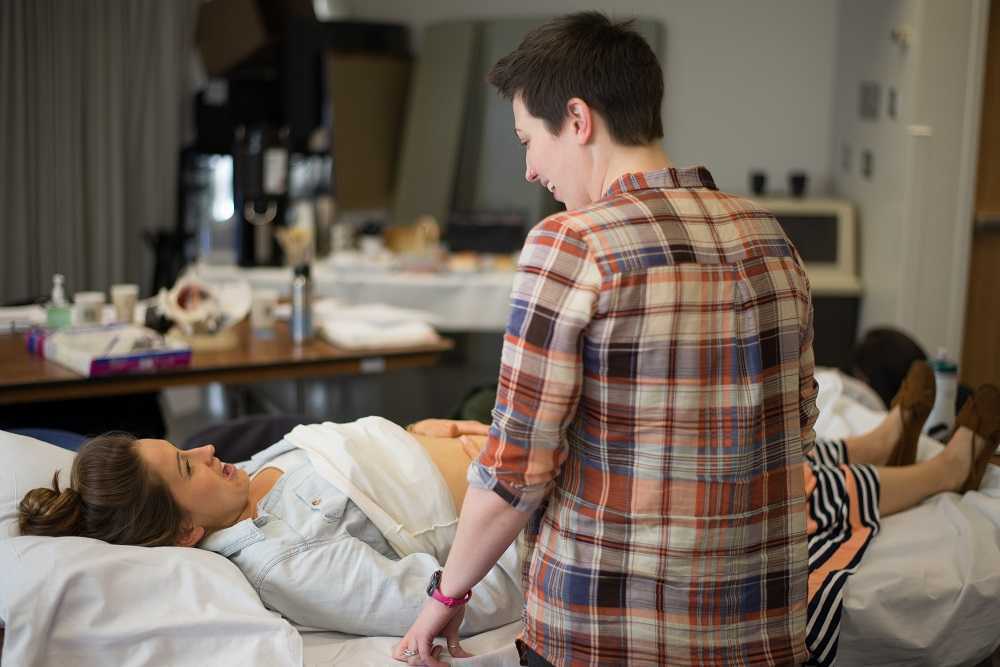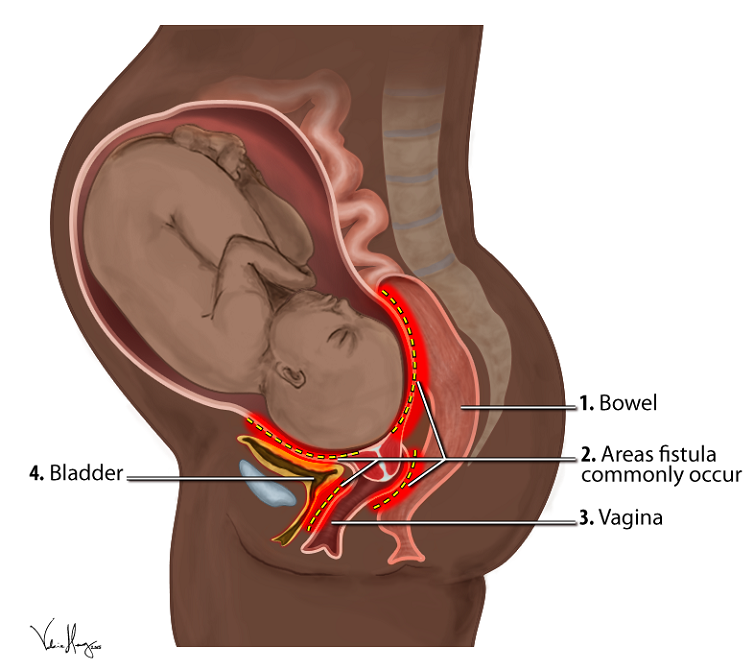Peripartum Advanced Topics
The Postpartum Client: Abdominal Wall and Musculoskeletal Considerations
| Price: $475 (Early Registrant Price $450) Experience Level: Intermediate Contact Hours: 15 |
This unique continuing education course addresses topics pertaining to patients during the peripartum period that both the new and the experienced therapist can enjoy. The course begins with a review of labor and delivery, fetal positions and presentations, labor augmentation and induction, and physical therapy in labor. The 2-day course progresses through many areas of "special topics" including conditions that affect fertility such as polycystic ovarian syndrome, endometriosis, thyroidectomies, and a history of cancer. While Caring for Pregnant Patient and Caring for the Postpartum Patient covered many of the common musculoskeletal issues encountered in the peripartum period, this 3rd continuing education course in the Peripartum Series offers more information about connective tissues such as myofascial restrictions and nerve dysfunctions. Gynecologic surgeries and pelvic rehabilitation for the following are included: tubal ligation, vaginal rejuvination, female genital cosmetic surgery, symphysiotomy, and postpartum hysterectomy.
Therapists who are familiar with the evaluation and treatment of women in the peripartum period may find the instruction of caring for special patient populations helpful in clinical practice. Patients who have medical conditions such as spinal cord injury, cystic fibrosis, multiple sclerosis, and lupus face added challenges during pregnancy and postpartum; this continuing education course looks to the research to guide participants' critical thinking towards clinical practice. Components of cultural competence are instructed that include cultural awareness and sensitivity, competent communication between those of differing cultural backgrounds, and cultural beliefs in pregnancy and childbearing practices.
In peripartum, a significant number of women are victims of domestic violence, many times committed by an intimate partner. (Daoud et al., 2012) The US Department of Health and Human Services recommends that intimate partner violence screening should occur as a core part of women's health care; participants will learn about the negative maternal and fetal health impact of abuse and will learn screening and reporting methods as well. Participants will have the opportunity to share a brief exercise "assignment" that is completed prior to attending the course, with assignments also presented by colleagues. There is timed carved out in the schedule to ask the instructor about any peripartum question such as a patient case-related issue, program development, or general treatment of the peripartum patient.
Audience:
This continuing education seminar is targeted to physical therapists, occupational therapists, physical therapist assistants, occupational therapist assistants, registered nurses, nurse midwives, and other rehabilitation professionals. Content is not intended for use outside the scope of the learner's license or regulation. Physical therapy continuing education courses should not be taken by individuals who are not licensed or otherwise regulated, except, as they are involved in a specific plan of care.
Prerequisites:
It is recommended that the participant have experience and at least one course in pregnancy and post-partum issues prior to taking this “special topics” course.
Assignments:
Assignment and directions will be sent prior to attendance
References
Daoud, N., Urquia, M. L., O'Campo, P., Heaman, M., Janssen, P. A., Smylie, J., & Thiessen, K. (2012). Prevalence of Abuse and Violence Before, During, and After Pregnancy in a National Sample of Canadian Women. American Journal of Public Health (0), 1-9.
Upon completion of this continuing education seminar, participants will be able to:
1. Describe common medical conditions and recommended endocrine function medical tests during the postpartum period.
2. Define the role of physical therapy during labor and delivery.
3. Evaluate, palpate, and treat various nerve dysfunctions in the pelvis related to peripartum issues.
4. List 3 gynecologic surgeries and specific rehabilitation concepts for each.
5. Instruct in safe and effective pregnancy and postpartum exercise techniques using demonstration.
6. Recognize signs of abuse during pregnancy and postpartum and identify the proper means of reporting.
7. Apply connective tissue mobilization techniques to the abdomen and pelvis.
8. Explain common diseases and disabilities that affect a woman and list typical modifications required to support the female patient during pregnancy and postpartum.
9. Identify issues that may arise due to cultural sensitivity and be able to modify approach to therapy as needed to fit a woman’s belief system.
|
Day One: |
Day Two: |
We always want to hear from those interested in hosting our courses. We work with healthcare organizations of all types, sizes, and locations. Please, Contact us about Hosting Peripartum Advanced Topics or any other course!





